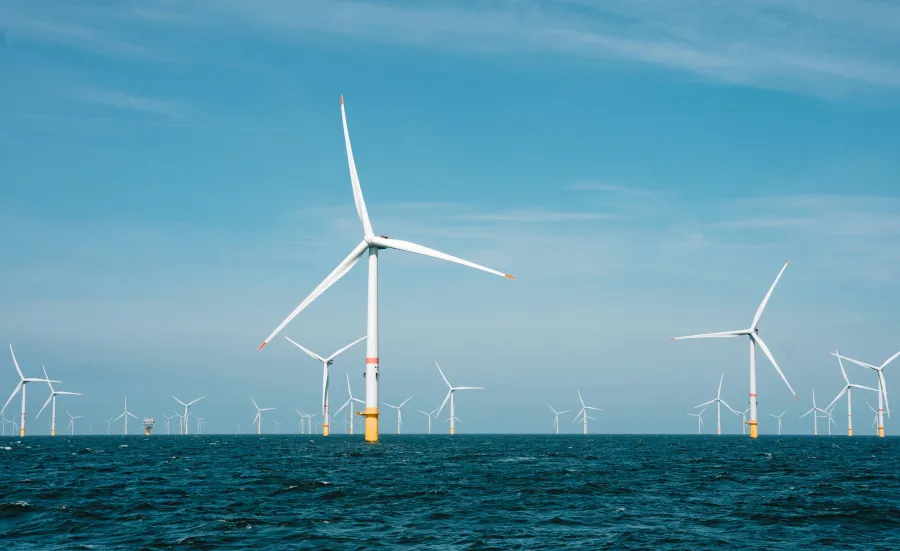Ocean Energy

We bring together experts addressing energy challenges from the perspectives of technology, the environment, society, finance, and policy. Our aim is to unlock the potential of ocean renewable energy.
The Ocean Energy Special Interest Group (SIG) serves as a hub at the University of Southampton for matters related to the role of seas and oceans in decarbonizing the economy. It also helps achieve net-zero goals worldwide.
Our topics of interest are centred around technological, environmental, societal, financial, and policy challenges related to:
Oceans are pivotal in the world strategy to meet the net-zero objectives, by providing abundant and clean sources of renewable energy. However, the full exploitation of this energy resource faces many challenges of diverse nature. These include the harsh offshore environment, sharing the ocean with many stakeholders, and evolving policy and regulations. Most importantly, it is essential to avoid mistakes of the past and wild industrialisation of our seas and oceans.
Our vision is to bring together people and skills from across the university and many fields of research to develop transdisciplinary approaches for sustainable ocean energy exploitation. We do this through:
Our events and opportunities are designed in line with the goals we aim to achieve. They include a combination of internal and external activities, such as:
To find out more about the Ocean Energy Special Interest Group and what we do, get in touch with group champions Dr Yao Zhang and Dr Luke Myers.
Join the SMMI Community to sign up to this group, and any others of interest to you.
Developing sustainable and cost-efficient anchoring technologies for floating offshore wind, wave and tidal energy is essential to enable net-zero objectives.
As the global imperative for sustainable energy solutions intensifies, the moment has arrived for wave energy to advance significantly, playing an instrumental role in driving towards the ambitious targets of achieving net-zero emissions.
Marine energy presents an engineering challenge, it is difficult to do but the rewards could be access to a secure and huge energy resource.